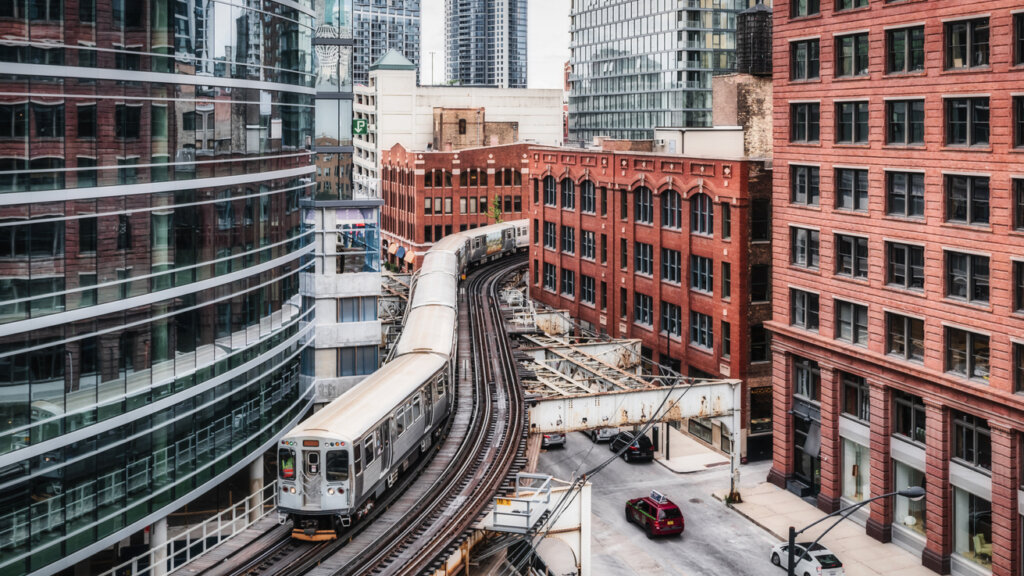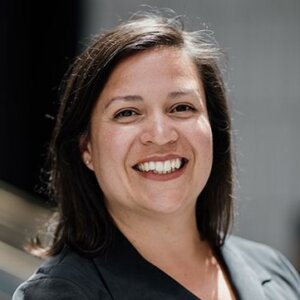Planning for Livability With the CMAP Local Technical Assistance Program

Though opinions differ on what makes a community appealing, livable communities tend to share some common traits. They are healthy, safe, and walkable. They offer choices for timely transportation to schools, jobs, services, and basic needs. They are more cost-effective for individuals and local governments. They make the region more economically competitive.
Whether we choose to live and work in a newer community or one that has been around for decades, a community’s unique “sense of place” draws people and makes us feel at home and welcome there. Though that sense may seem intangible, livability is seldom an accident. Livable communities are created through effective planning and decisions by local officials, developers, and individual residents.
In October 2010, CMAP was awarded a Sustainable Communities Regional Planning grant by the U.S. Department of Housing and Urban Development (HUD) to assist with the implementation of GO TO 2040, the comprehensive plan for metropolitan Chicago. With funding from this grant, CMAP launched the Local Technical Assistance (LTA) program in March 2011, which involves providing assistance to communities across the Chicago metropolitan region to undertake planning projects that advance the principles of GO TO 2040.
The LTA program is currently helping 70 local governments, nonprofits, and intergovernmental organizations to address local issues at the intersection of transportation, land use, and housing, including the natural environment, economic growth, and community development. To highlight the work that has been accomplished to date, CMAP will host an Ideas Exchange event on May 24 to share what CMAP and our partners are doing to help create more livable communities across the region. While interacting with these community-based visionaries, attendees will have the chance to discuss the latest Call for Projects from the LTA program, for which proposals are due Aug. 1.
Collaboration will be a strong focus of the event. Since CMAP was established in 2005, we have been collaborating with regional public and civic organizations that provide technical assistance to communities. Continuing and strengthening these partnerships was a key component of CMAP’s original application for HUD funding. With these resources, CMAP formalized a consortium of more than 20 organizations from across the region and is leveraging their breadth of knowledge, capacity, and expertise to maximize the LTA program, coordinate planning efforts, and ensure communities across the region have access to quality planning assistance. Members of the consortium are directly assisting many of the current LTA projects. Through this consortium, CMAP has formalized a partnership with the Regional Transportation Authority and successfully aligned the two organizations’ funding applications. Partnerships with organizations such as the Center for Neighborhood Technology, Metropolitan Planning Council, Openlands, and the Arts Alliance have strengthened the LTA program.
CMAP’s first LTA Call for Projects in 2011 prompted over 220 proposals from more than 130 municipalities, counties, interjurisdictional groups, and nongovernmental organizations. This year may be even more competitive, and priority will be given to applicants that collaborate with their neighbors or with other partner organizations. Attendees can give their community’s 2012 proposal a significant advantage by attending the May 24 event.
Panel discussions will highlight local examples of best practices in site planning, sustainability planning, planning for demographic change and more from large urban communities like Joliet and Norridge to local neighborhoods, such as the Bronzeville community in Chicago. Registration is available online at www.cmap.illinois.gov/lta.
